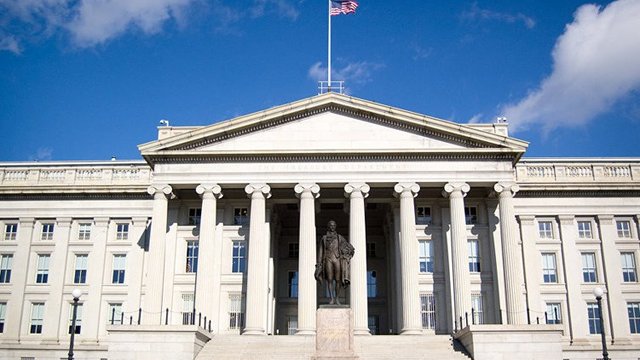FinCEN files contain data about suspicious transactions of Firtash, Klyuyev, Kolomoisky – ICIJ

The International Consortium of Investigative Journalism (ICIJ) on September 20 began publishing a huge array of data from the U.S. Financial Crimes Enforcement Network (FinCEN), and among the top 20 defendants were three from Ukraine: Dmytro Firtash, Andriy Klyuyev and Ihor Kolomoisky.
"SARs (Suspicious Activity Reports) reflect the concerns of compliance officers and are not necessarily indicative of criminal conduct or other wrongdoing," the ICIJ said, adding that the categories "corruption" or "fraud" are not necessarily indicative of misconduct.
In particular, the material of the ICIJ regarding Firtash refers to the files of 50 banks with 38 SARs and 756 transactions totaling $2.37 billion in the period from 2003 to 2017.
The section about Klyuyev contains information about 65 banks, 5 SARs, 752 transactions for $244.9 million in 2010-2015, and about Kolomoisky – some 34 banks, 13 SARs, 277 transactions for $308.6 million in 2012-2017, respectively.
The Slidstvo.Info investigative ezine, which is part of the ICIJ, said that the American edition of BuzzFeed got access to FinCEN documents, which has already shared them with colleagues from the ICIJ, and 400 journalists from 88 countries have been investigating and checking suspicious transactions for the amount of $2 trillion for almost a year and a half.
"Among the transactions that the U.S. FinCEN considers suspicious are companies associated with Kolomoisky, Akhmetov, Klyuyev and other famous Ukrainians. Journalistic investigations concerning them will be published in the coming days and weeks by publications around the world," Editor-In-Chief of Slidstvo.Info Hanna Babinets said in the first article about FinCEN files.
According to the BBC, this documents leak is comparable to the Panama and Paradise Papers, it contains information about possible money laundering and avoiding sanctions through the largest banks in the world in the period up to 2017.





